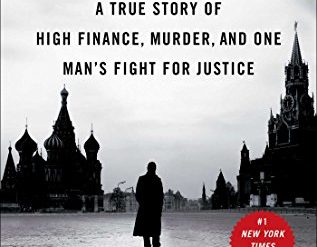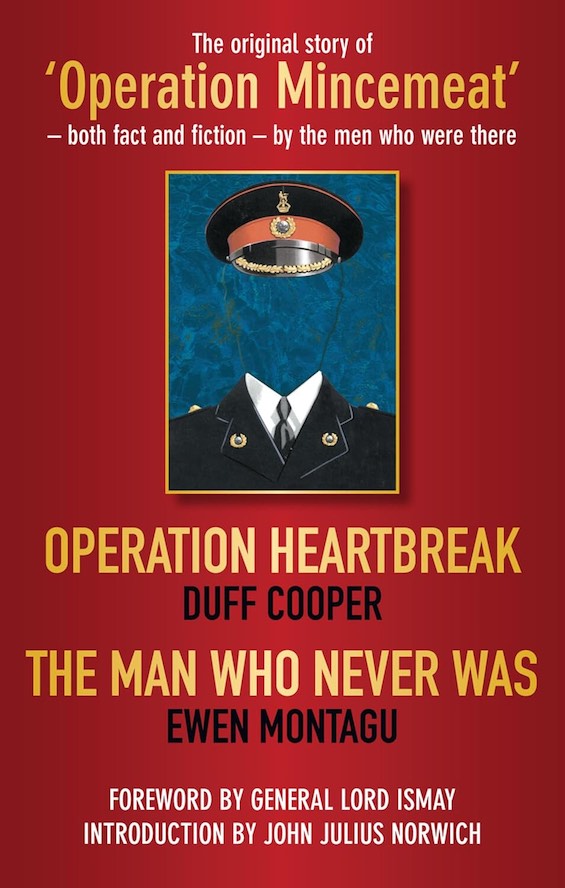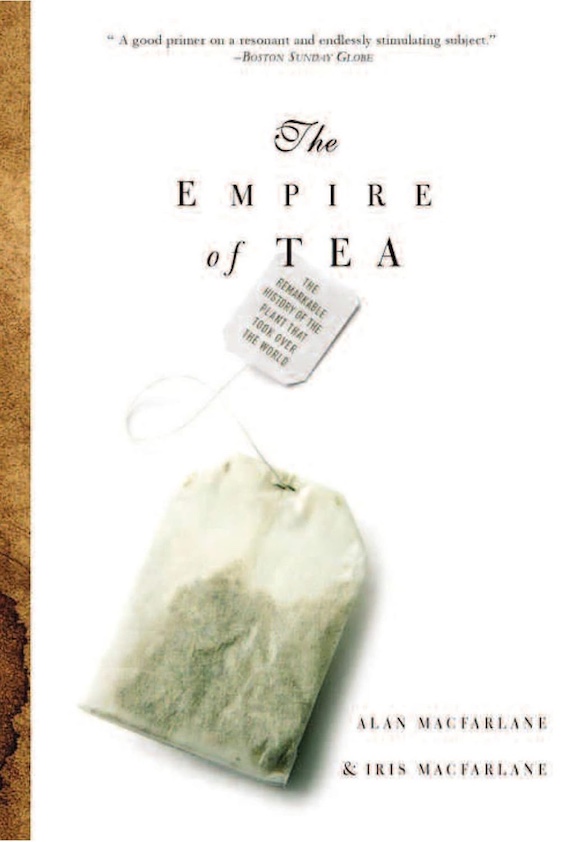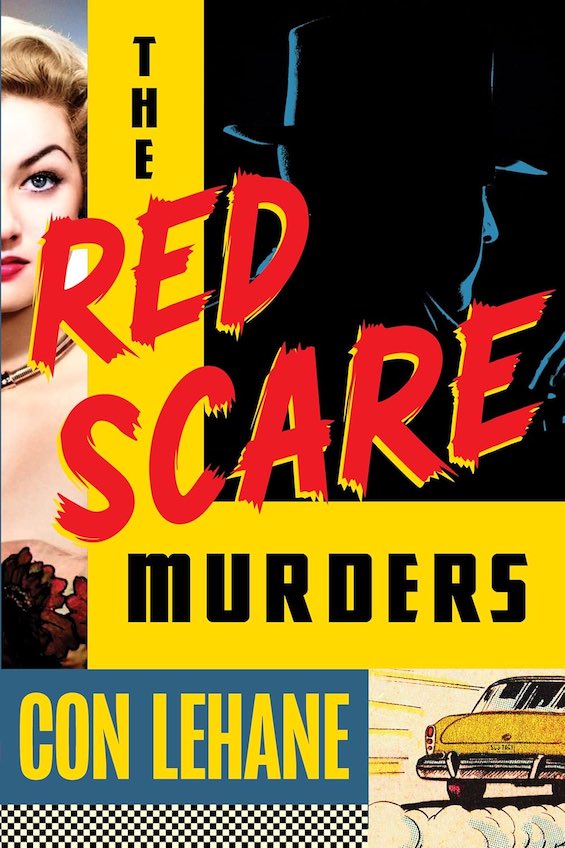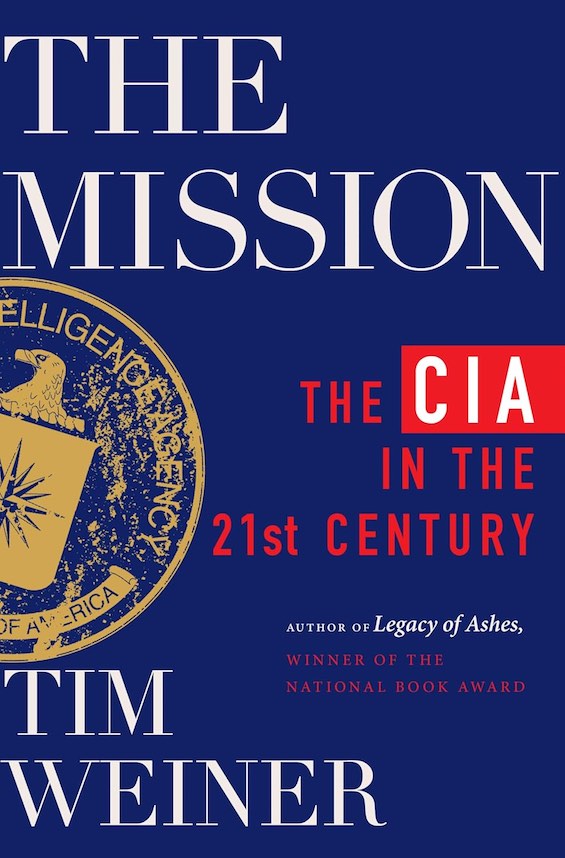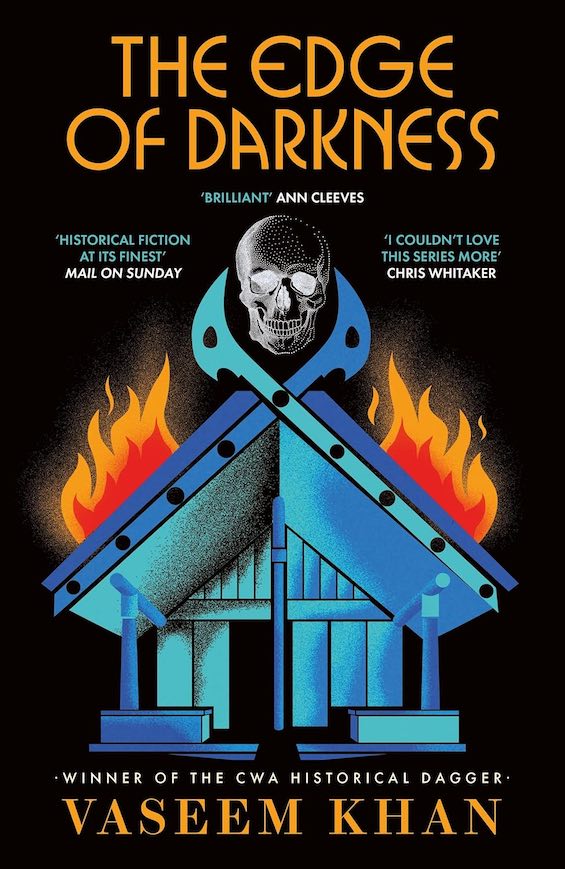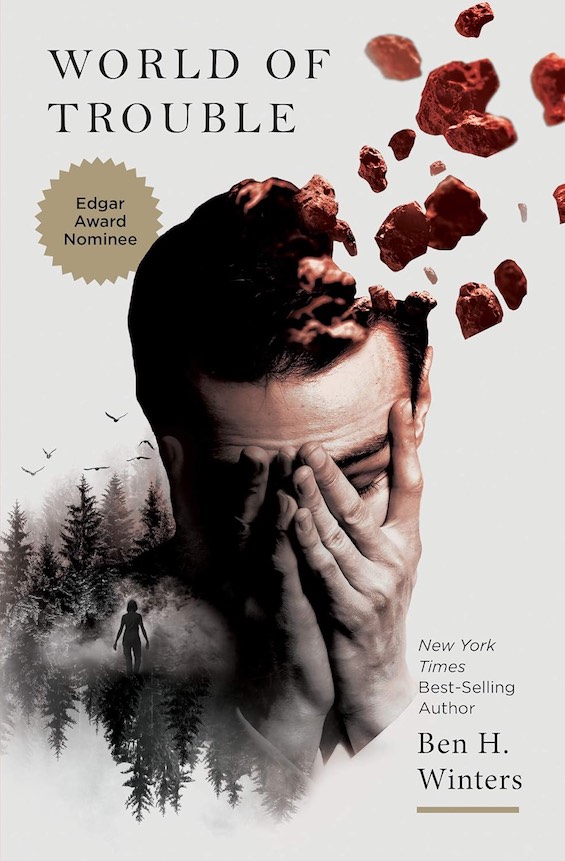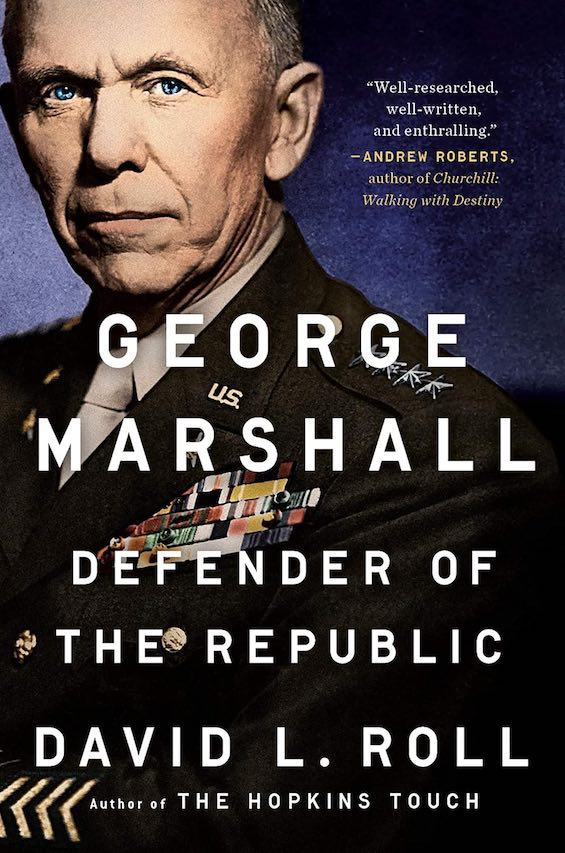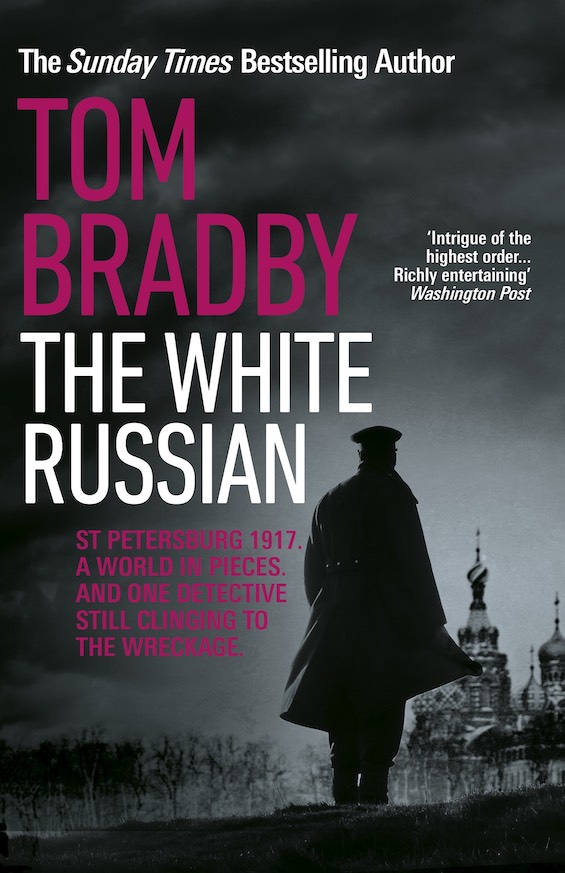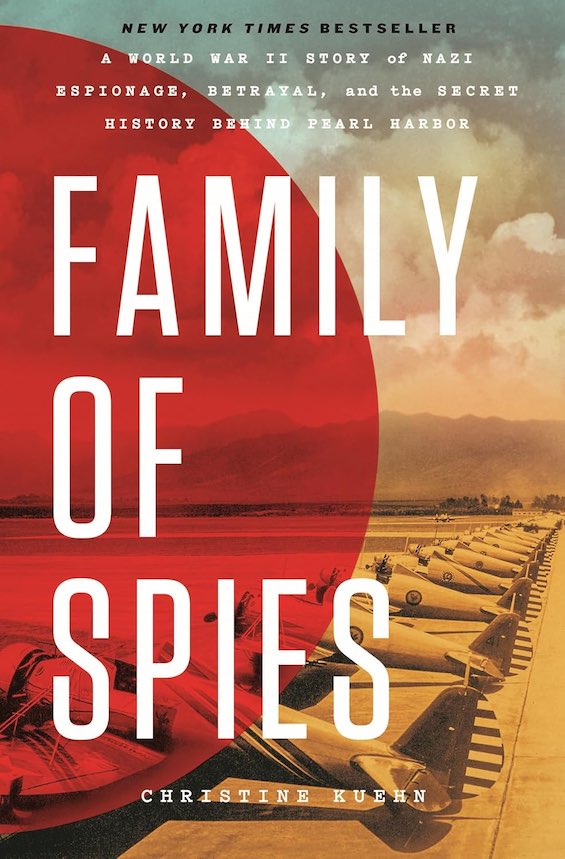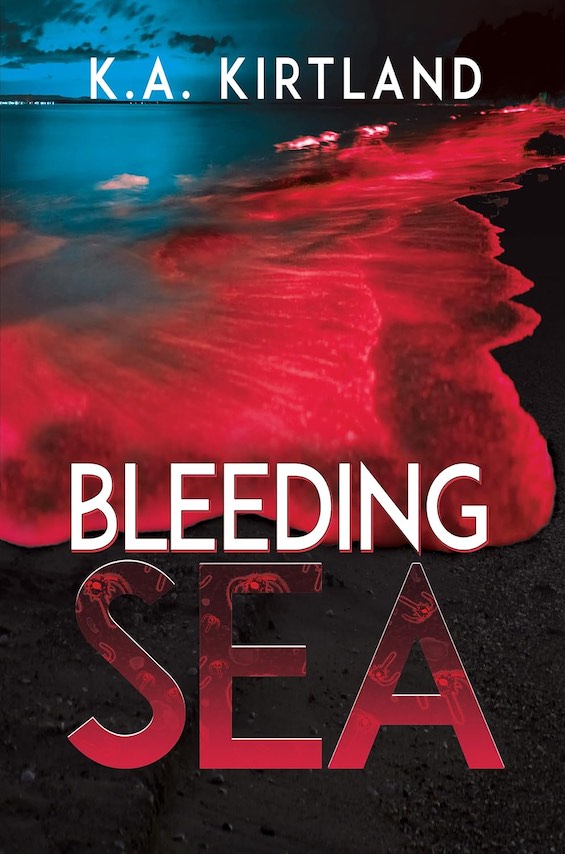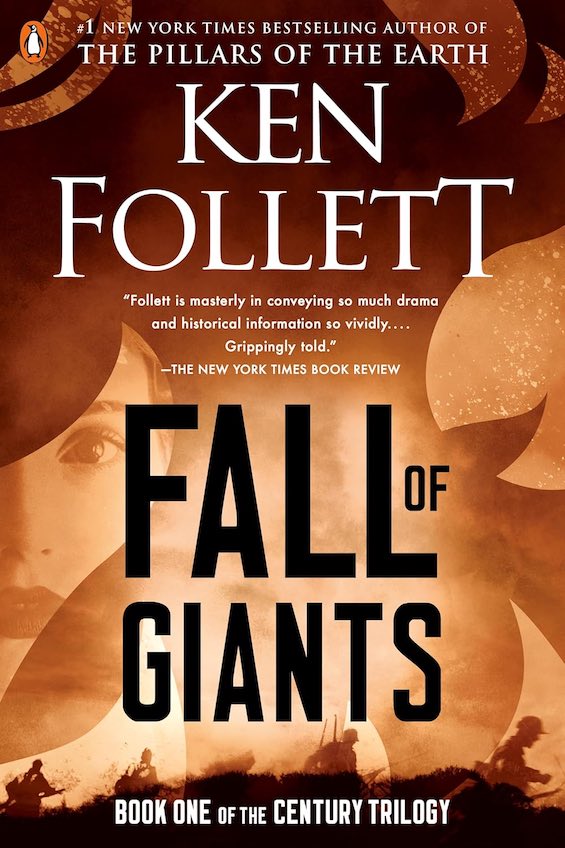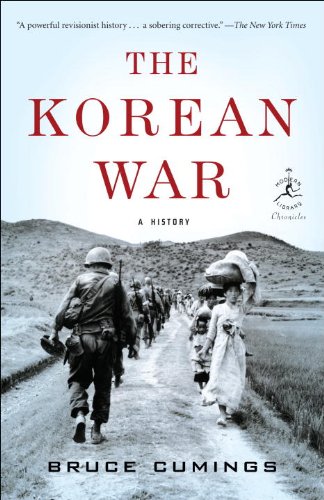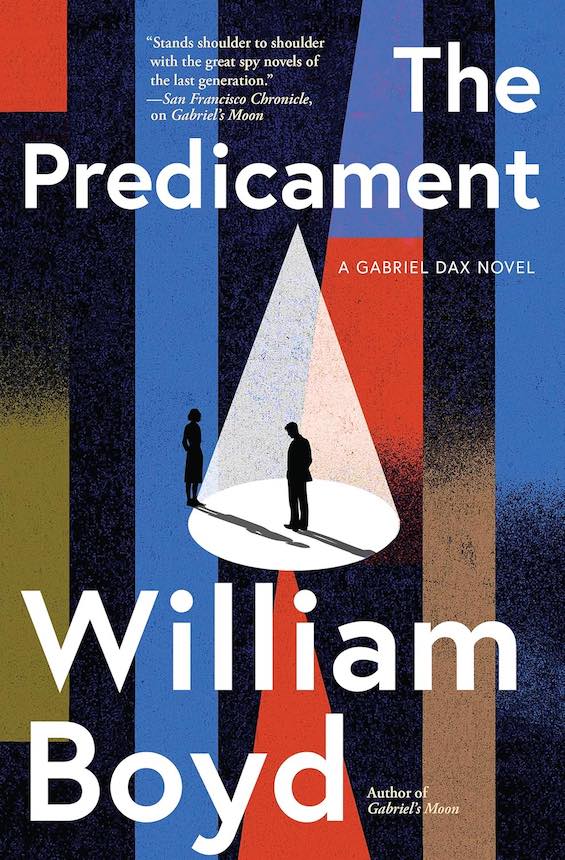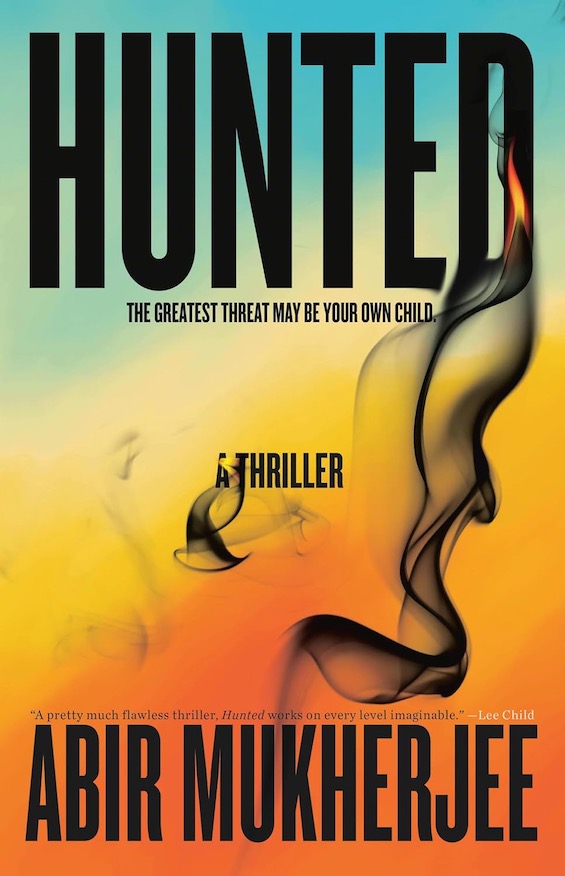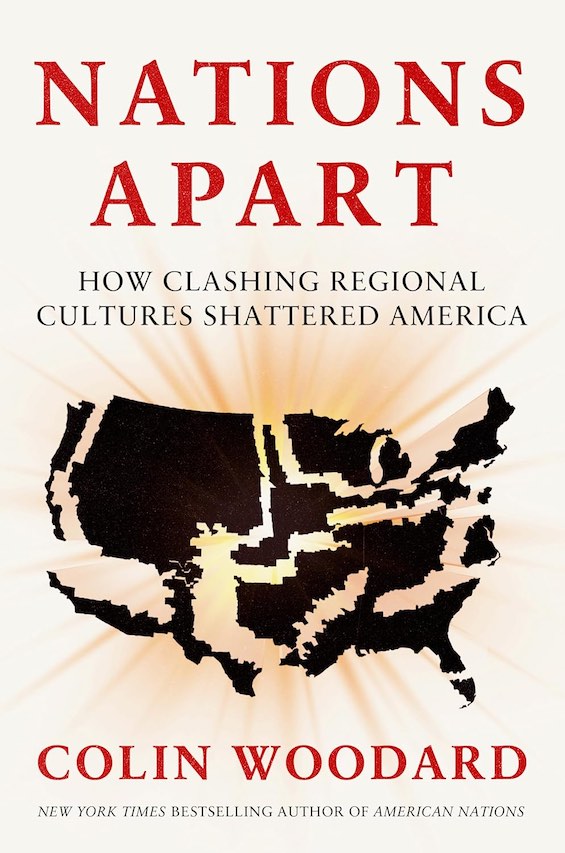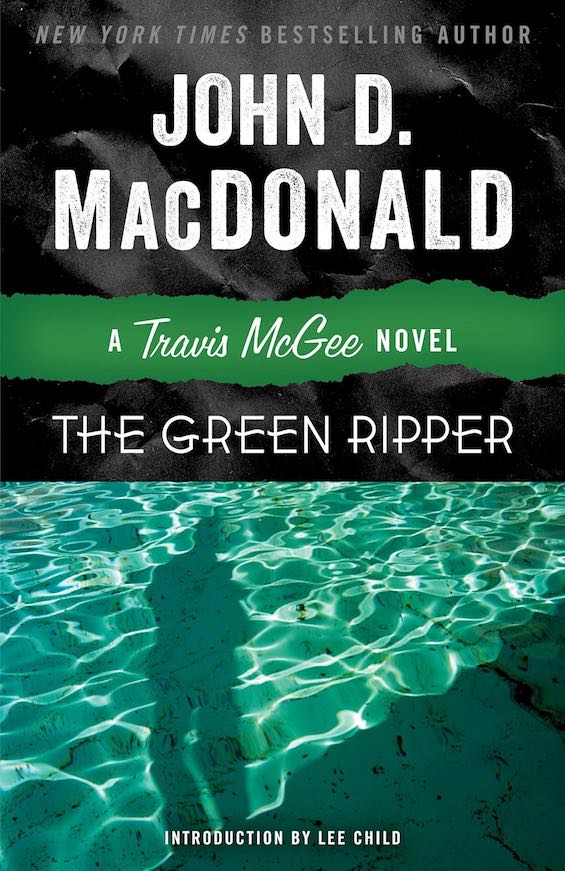For some unfathomable reason, Antony Beevor is one of Britain’s most popular and widely read military historians. It’s true that he knows a great deal about military matters. He’s a former army officer and teaches at military staff colleges in Britain, the US, and other countries. But, to judge from his popular books, D-Day: The Battle for Normandy and Russia: Revolution and Civil War, 1917-1921, he can’t write a coherent and understandable story that anyone but another military historian can follow. Beevor digs so far into the weeds that any perspective on the larger context is entirely lost. Russia, in particular, is a prime example of a book by an historian who knows too much about his subject.
A chronological account with two many characters
In Russia, Beevor tracks the course of events in the Russian Empire from 1917, when revolution broke out, until 1921, when the Bolsheviks claimed victory in the bloody civil war that followed. Unfortunately, he organizes his material in chronological order and peoples his story with what seem like hundreds of named individual characters. Any continuity between, say, the course of events in Petrograd or Ukraine from one year to the next is entirely lost unless (a) you are an expert in the period and/or (b) you have an eidetic memory and can retain the names of the principal actors there at the time. I found the result to be stultifying, and I do not recommend this book for anyone who lacks either expertise or a faultless memory.
Russia: Revolution and Civil War, 1917-1921 by Antony Beevor (2022) 592 pages ★★☆☆☆
What really happened in Russia during and just after World War I
By 1917, Russian armies were falling back in the face of the much better organized, better led, and better armed Germans. Hundreds of thousands were dying, and the peasants who made up the Russian armed forces had had enough. Desertions rose alarmingly and mutinies broke out. In Petrograd (now St. Petersburg), liberal forces seized the initiative in the spring and established a constitutional government. But the urban workers, sailors in the Baltic fleet, and a small minority of radical socialists called Bolsheviks refused to go along.
A tiny minority seized control
By the fall the radicals had seized the initiative, and in what history has called the October Revolution (which actually took place in November) the Bolsheviks took power. Under Vladimir Ilyich Lenin, they negotiated a disadvantageous peace treaty with Germany and shaped the forces loyal to them into a Red Army. Meanwhile, military officers called Whites who were loyal to the long-deposed Tsar Nicholas I or to the moderate socialists formed private armies to resist the Reds. Anarchy reigned throughout Russia, from the Baltic to the Black Sea, and from Petrograd to Vladivostok.
A civil war and Allied intervention failed to unseat the Reds
Civil War dragged on for several years, resulting in millions of deaths, most of them civilians. In the course of the fighting, the Bolsheviks murdered the tsar and his family, causing outrage across the world. That act, more than any other, caused England, France, and the United States to send troops to oppose the Bolsheviks. Japan joined the fray as well, invading from the east. But their efforts were halfhearted and never advanced much beyond the peripheral ports where they landed. Their intervention petered out, as did the White resistance.
Just for the record: I did not learn any of that from Beevor’s book. Once upon a time I studied Russian history and politics in graduate school. Though I don’t remember the details, I do retain a broad knowledge of the subject.
An artificial intelligence reviews this book
I asked Claude-AI Version Sonnet 4 to write 300 words about this book. The result, as you can see below, is a review culled from existing sources about the book which claim the book made much more sense than I could detect. It probably represents a consensus of mainstream reviewers. But keep in mind that publications such as the New York Times, the Guardian, and the New York Review of Books usually employ people who are experts in the subject matter of the books they review.
What follows is verbatim except for the subheads I added to break up the text. You’ll notice passages within quotation marks. Those are excerpted from Claude’s sources and footnoted within the review.
An ambitious task
Antony Beevor’s latest work tackles one of history’s most turbulent periods with his characteristic blend of meticulous research and compelling narrative drive. “Russia: Revolution and civil war, 1917-1921 is an extraordinary book, hugely impressive for its in-depth research, narrative drive and deft analysis of politics and warfare.”
Beevor attempts the ambitious task of chronicling both the Russian Revolution and the subsequent civil war in a single volume, covering the collapse of the Romanov dynasty through the final defeat of the White forces. The scope is breathtaking, encompassing political upheaval, military campaigns, and the human cost of this devastating conflict.
The book’s greatest strength lies in Beevor’s ability to weave together dense historical data into an accessible narrative. He “presents dense data in a resolutely narrative style that is fluent and agreeable” while incorporating individual voices that bring the period to life. His military background serves him well in analyzing the complex campaigns that swayed back and forth across the Russian landscape.
Critics weigh in
However, the work is not without its critics. Some historians argue that Beevor’s focus on military and political events comes at the expense of deeper ideological analysis. The New Statesman noted concerns about the book’s treatment of the intellectual underpinnings of the revolution and civil war.
The book demands significant commitment from readers, particularly those without extensive background knowledge of the period. “Russia: Revolution and Civil War 1917-1921 is a very detailed and well researched book, but if only have a basic knowledge of the Russian Revolution… then I would like to offer you some suggestions for your consideration before delving” into this comprehensive work.
Despite these challenges, Beevor has produced a formidable addition to the historiography of revolutionary Russia, offering both specialists and general readers a gripping account of one of the twentieth century’s defining catastrophes.
About the author
Antony Beevor is a prolific British military historian with 13 nonfiction books and four novels to his credit. Born in London in 1946, he studied at the Royal Military Academy Sandhurst and commanded a troop of tanks in Germany in the 1960s before leaving the UK Army to write. He has taught at the University of London and the University of Kent as well as at numerous military headquarters and staff colleges in Britain, the US, and the Commonwealth. Beevor is married and has two children.
For related reading
I’ve also reviewed D-Day: The Battle for Normandy by Antony Beevor (D-Day and Normandy viewed from the ground). I didn’t like that book any more than this one.
You’ll find far better books than Beevor’s Russia on the following posts:
- 20 top nonfiction books about history
- Top 10 nonfiction books about politics
- 12 great biographies
- Gaining a global perspective on the world around us
And you can always find the most popular of my 2,300 reviews, and the most recent ones, on the Home Page.






